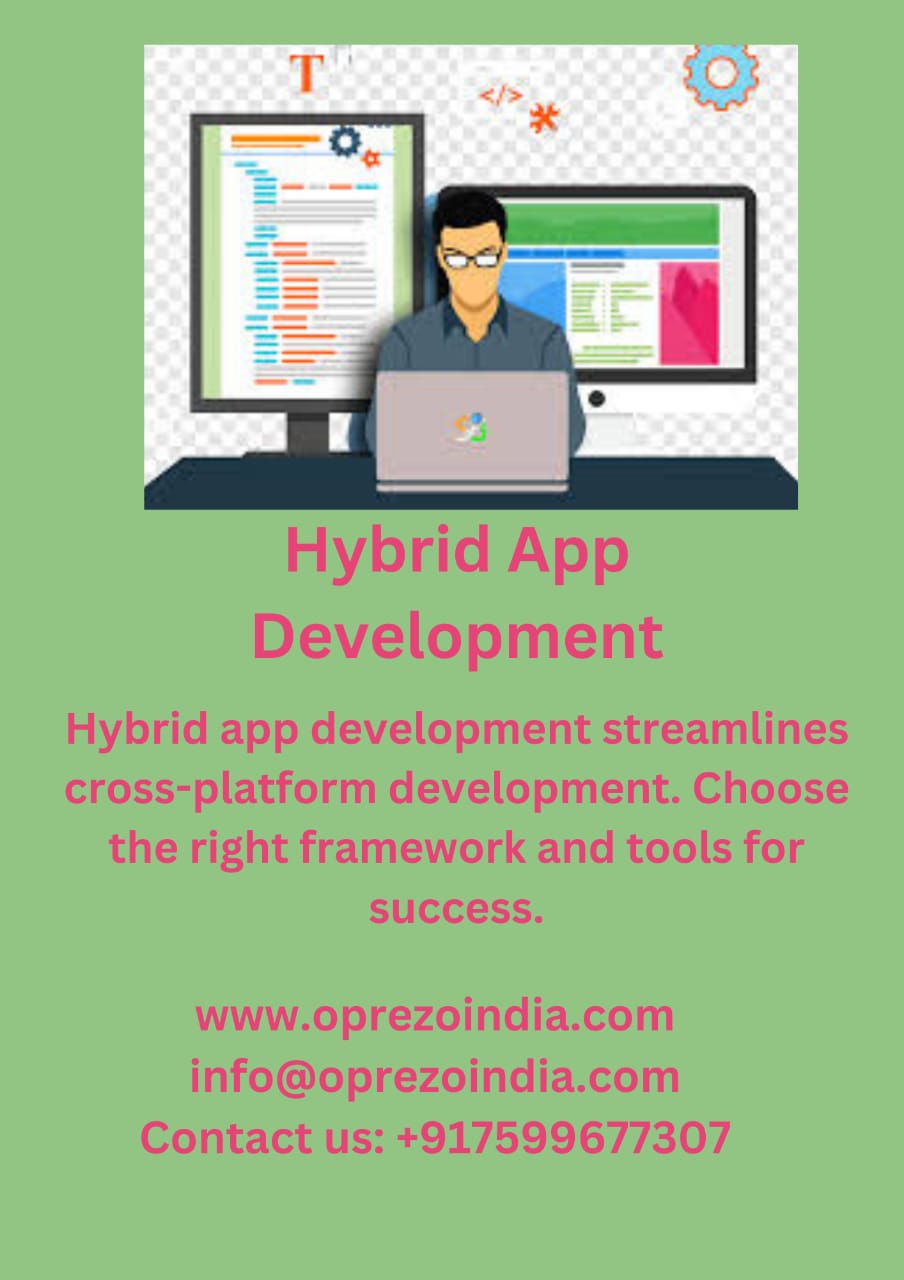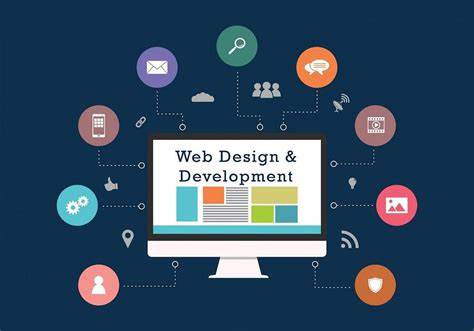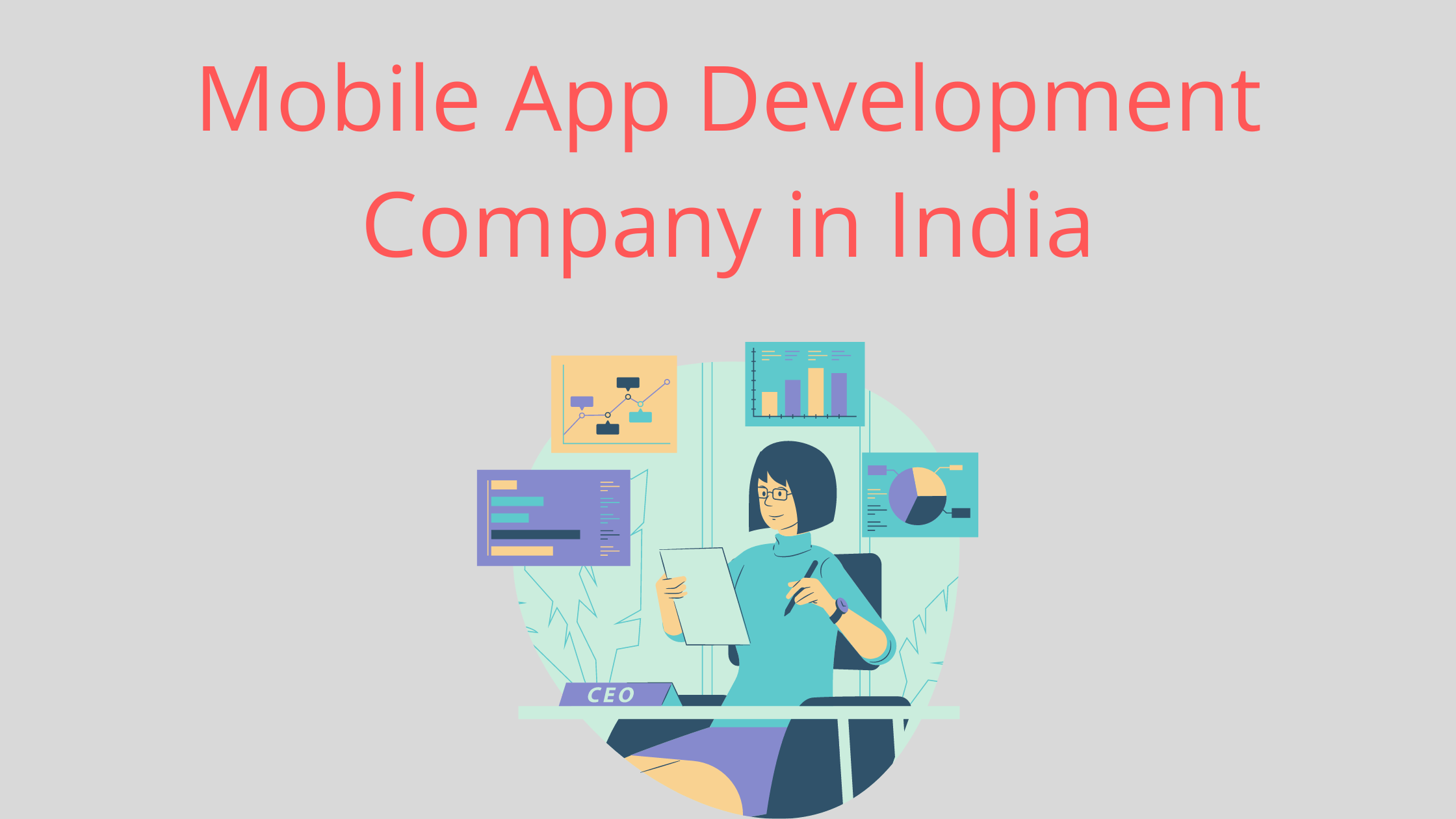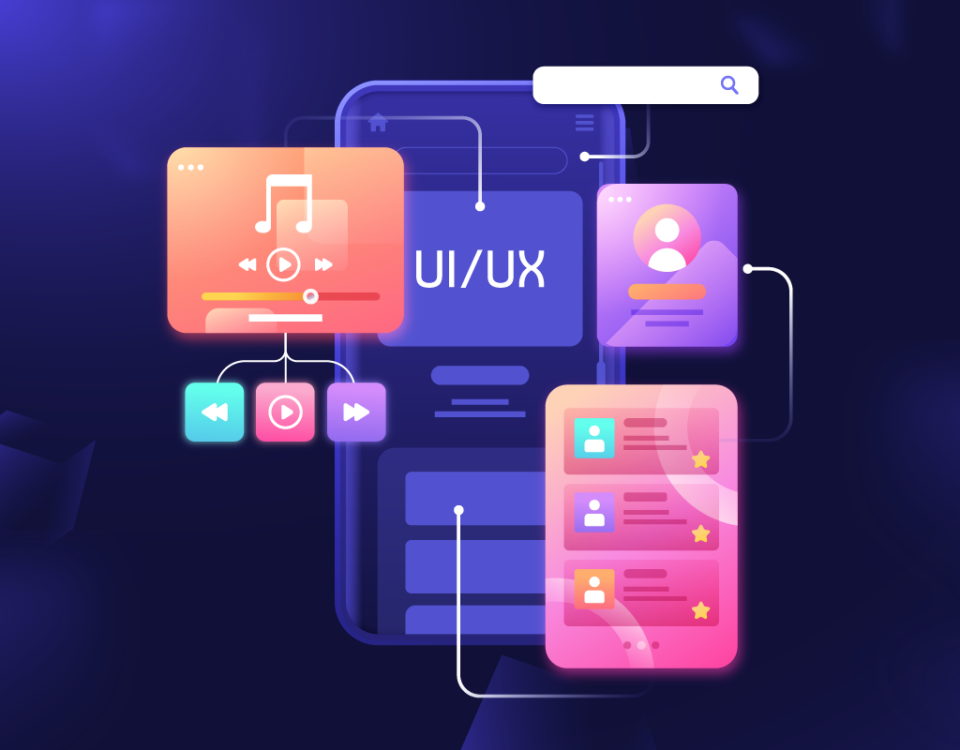
In today’s fast-paced digital landscape, businesses strive to reach users across various platforms. Hybrid app development has emerged as a popular solution, enabling developers to create applications that work on both iOS and Android from a single codebase. This article delves into hybrid app development, exploring its benefits, key technologies, and best practices to help you succeed in this dynamic field.
Hybrid app development combines elements of both native and web applications. These apps are essentially web applications wrapped in a native shell, allowing them to access device features while providing a seamless user experience across different operating systems.
Single Codebase: One of the most significant benefits is the ability to write code once and deploy it on multiple platforms, drastically reducing development time and costs.
Faster Time to Market: With a unified codebase, updates and new features can be rolled out simultaneously across platforms, speeding up the overall development cycle.
Access to Device Features: Hybrid apps can leverage device capabilities such as GPS, camera, and notifications, making them more functional than traditional web apps.
Frameworks: Popular frameworks include:
Web Technologies: Hybrid apps are built using standard web technologies like HTML, CSS, and JavaScript, which makes it easy for web developers to transition to mobile app development.
Choose the Right Framework: Select a framework that aligns with your project requirements, team skills, and target audience.
Set Up Your Development Environment: Install the necessary tools and SDKs for your chosen framework. Most frameworks come with detailed installation guides.
Design the User Interface: Create a responsive UI that adapts to various screen sizes and orientations. Ensure the design follows platform-specific guidelines.
Develop and Test Your App: Write the code and continuously test your app on different devices and platforms to ensure compatibility and performance.
Deploy Your App: After thorough testing, package your app for distribution on app stores like Google Play and the Apple App Store.
Optimize Performance: Hybrid apps can sometimes be slower than native apps. Optimize your code, reduce file sizes, and minimize API calls to enhance performance.
Focus on UX/UI Design: Ensure a smooth and intuitive user experience by adhering to design principles and guidelines specific to each platform.
Utilize Plugins and Libraries: Take advantage of existing plugins and libraries to add features quickly and efficiently.
Regular Updates and Maintenance: Keep your app updated to fix bugs, add new features, and ensure compatibility with the latest operating system versions.
Hybrid app development offers a compelling solution for businesses looking to maximize their reach while minimizing development costs. By leveraging the strengths of hybrid frameworks and following best practices, developers can create powerful applications that meet the needs of users across platforms. Embrace the future of mobile development and start building your hybrid app today!
 Best Web Development Company in Delhi NCR | Oprezo India
Best Web Development Company in Delhi NCR | Oprezo India
 Best Mobile App Development Company in Delhi | Oprezo India
Best Mobile App Development Company in Delhi | Oprezo India
 Best Digital Marketing & SEO Company in Delhi NCR | Oprezo India
Best Digital Marketing & SEO Company in Delhi NCR | Oprezo India
 Best UI & UX Design Services in Delhi | Android & iOS UI/UX Development – Oprezo India
Best UI & UX Design Services in Delhi | Android & iOS UI/UX Development – Oprezo India
 Best CRM & MLM Software Development Company in Delhi | Oprezo India
Best CRM & MLM Software Development Company in Delhi | Oprezo India